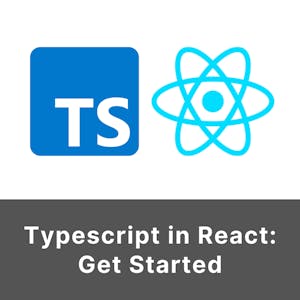Deep Learning with PyTorch
About this Course
This course advances from fundamental machine learning concepts to more complex models and techniques in deep learning using PyTorch. This comprehensive course covers techniques such as Softmax regression, shallow and deep neural networks, and specialized architectures, such as convolutional neural networks. In this course, you will explore Softmax regression and understand its application in multi-class classification problems. You will learn to train a neural network model and explore Overfitting and Underfitting, multi-class neural networks, backpropagation, and vanishing gradient. You will implement Sigmoid, Tanh, and Relu activation functions in Pytorch. In addition, you will explore deep neural networks in Pytorch using nn Module list and convolution neural networks with multiple input and output channels. You will engage in hands-on exercises to understand and implement these advanced techniques effectively. In addition, at the end of the course, you will gain valuable experience in a final project on a convolutional neural network (CNN) using PyTorch. This course is suitable for all aspiring AI engineers who want to gain advanced knowledge on deep learning using PyTorch. It requires some basic knowledge of Python programming and basic mathematical concepts such as gradients and matrices.Created by: IBM

Related Online Courses
Gemini for Google Workspace provides customers with generative AI features in Google Workspace. In this learning path, you learn about the key features of Gemini and how they can be used to improve... more
Prepare for a rewarding career in IT with IBM\'s Core 1: Hardware and Network Troubleshooting course. Gain the necessary skills and knowledge to set up, configure, and troubleshoot devices,... more
In this course we will work with a number of examples of react components to work our way logically through some of the most commonly used parts of typescript in React. Along the way, feel free to... more
With the exponential growth of user-generated data, mastering RNNs is essential for deep learning engineers to perform tasks like classification and prediction. Architectures such as RNNs, GRUs,... more
In this capstone, learners will apply their deep learning knowledge and expertise to a real world challenge. They will use a library of their choice to develop and test a deep learning model. They... more








